What is it about your own reflection?
Is there a better feeling? Than opening a book and finding a fragment of yourself there. Another voice, another life, with the same shapes and feelings as yours. And in that tiny moment, you are not alone.
I’m talking in this case, about disability representation. About Ellis’s chronic pain. Not something you find much in a hero. I loved everything about the way he behaves over his pain. He’s frustrated, furious even, and embarrassed to be holding up their quest. But, used to the immovable reality of his situation, he works to lessen the distress of a worried friend. It’s a move I, and other chronic pain sufferers, will likely know well.
“Pain doesn’t make a person weak or strong. It’s not a purifier, it’s part of living.”
And, crucially, he isn’t cured at the end. In a world alive with the last vestiges of a diminishing magic, he isn’t miraculously fixed. He remains injured, and saves the world anyway.
This is a book about accepting who you are, and getting comfortable with it. It’s about LIVING the life you’ve been given. It’s about persevering. Accepting the pain (be it literal, physical pain, or the pain of loss and death) and moving forward in spite of it. And I am here for it.
“And perhaps this was the truth about the dead. You went on. They’d want you to.”
Beyond a rare moment of chronic pain rep. This book is, in my opinion, also beautifully written. The dialogue is natural, and often funny. Ryn’s character is brilliant, her relationship with her family is wonderfully portrayed—the “side” characters as vivid as the main— and the romance unfolds authentically. The pace and the plot are engaging from the first page to last.
A ringing axe-blow of a recommend.



